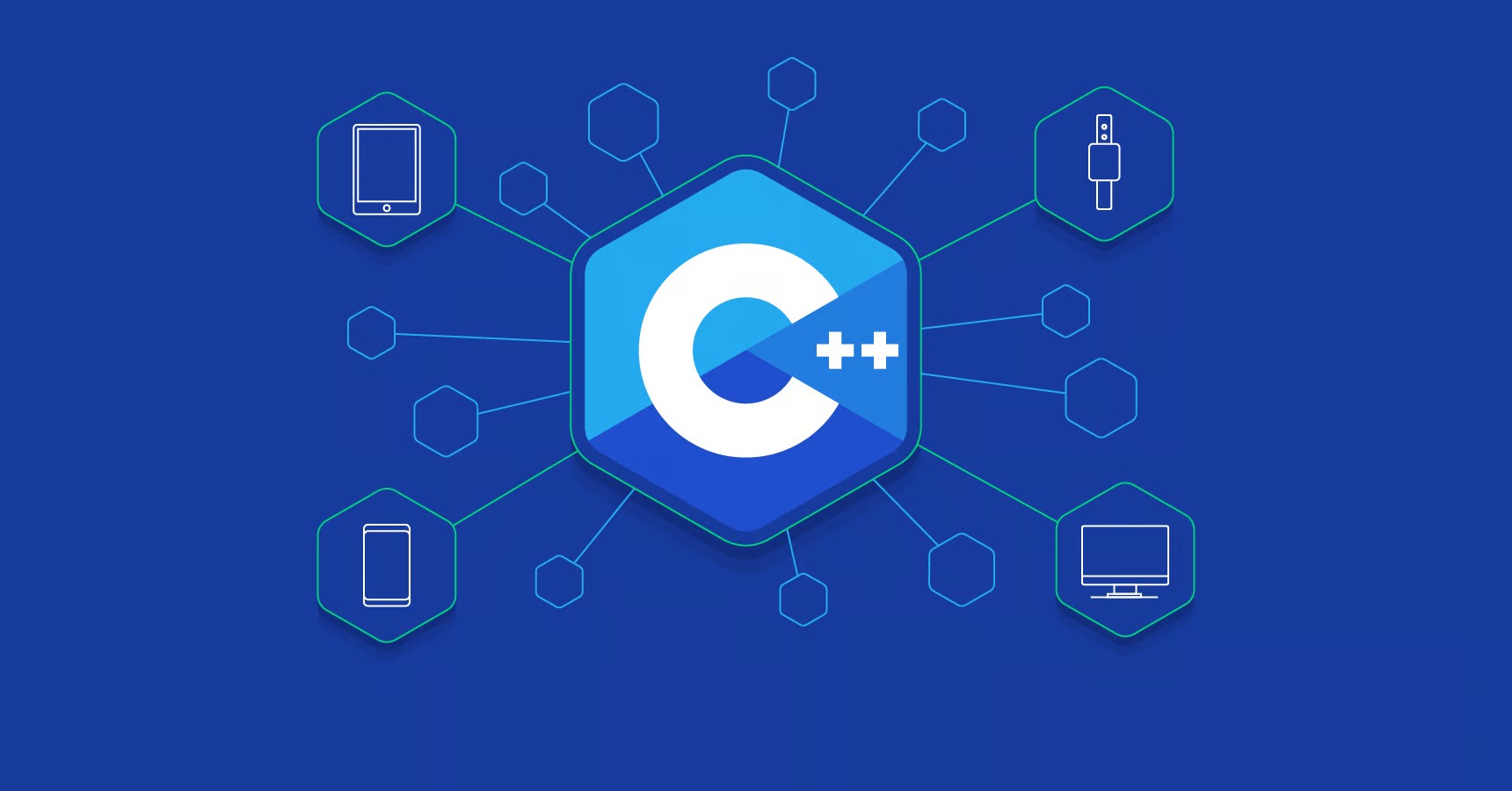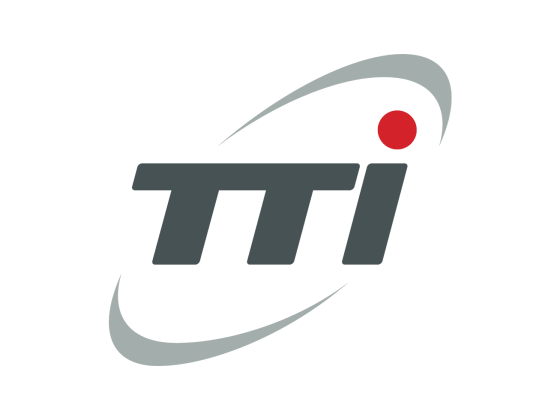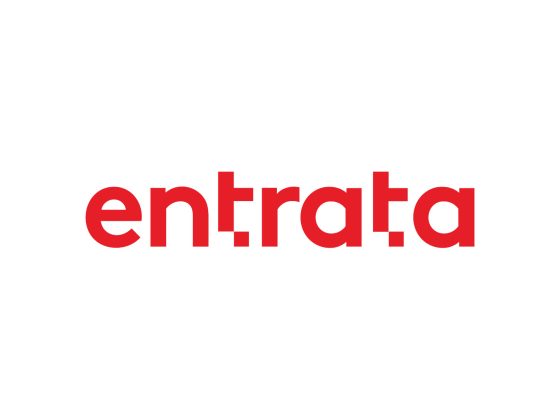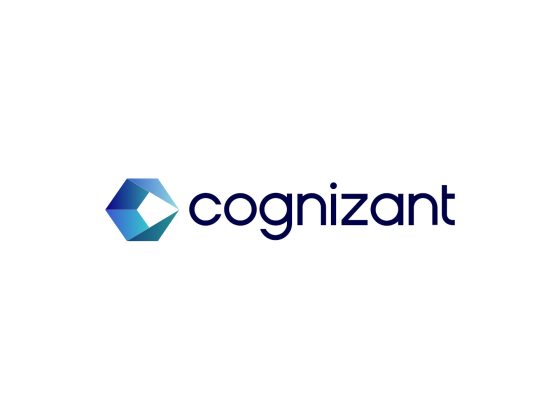While Python has gained significant popularity in the domains you mentioned, there are still several reasons why C++ and other programming languages continue to be relevant and valuable. Let’s explore some of the pros and cons of C++ and related languages in the context of the future:
Pros Of C++ And Related languages.
1. Performance. C++ is known for its high performance and efficiency. It allows for low-level memory manipulation and provides fine-grained control over system resources. This makes it suitable for resource-intensive tasks, real-time systems, embedded systems, and performance-critical applications.
2. Portability. C++ is a portable language, meaning that code written in C++ can be compiled and executed on different platforms and architectures without significant modifications. This portability is beneficial for developing software that needs to run on diverse systems.
3. Large Codebase And Libraries. C++ has a vast ecosystem of libraries and frameworks that have been developed and optimized over many years. These libraries cover a wide range of applications, including graphics, networking, numerical computation, and more. Reusing existing C++ libraries can save development time and effort.
4. System-Level Programming. C++ allows direct access to system resources and hardware, making it suitable for system-level programming, operating systems, device drivers, and other low-level software development.
Cons Of C++ And Related Languages.
1. Complexity. C++ is a complex language with a steep learning curve. It offers a wide range of features and allows for low-level manipulations, but this complexity can make it challenging for beginners or those unfamiliar with its intricacies.
2. Development Time. C++ code often requires more time to write and debug compared to higher-level languages like Python. Its low-level nature requires manual memory management and explicit handling of details that higher-level languages abstract away.
3. Lack Of Expressiveness. Compared to languages like Python, C++ can be less expressive and more verbose. Achieving the same functionality in C++ often requires more lines of code, which can impact productivity.
4. Rapid Prototyping. For rapid prototyping or scripting tasks, Python’s ease of use and rich ecosystem make it a preferred choice. Python allows for quick iterations and has extensive libraries for data analysis, machine learning, and scientific computing.
It’s important to note that the choice of programming language depends on various factors such as the specific requirements of the project, the skill set of the development team, performance needs, and the existing codebase and infrastructure. In many cases, a combination of programming languages may be employed, where each language is used for its strengths in different aspects of the project.
Overall, while Python has gained prominence in certain domains, C++ and other languages like Java, C#, and Rust continue to play a vital role in areas that demand high performance, low-level access, and portability across diverse systems.












